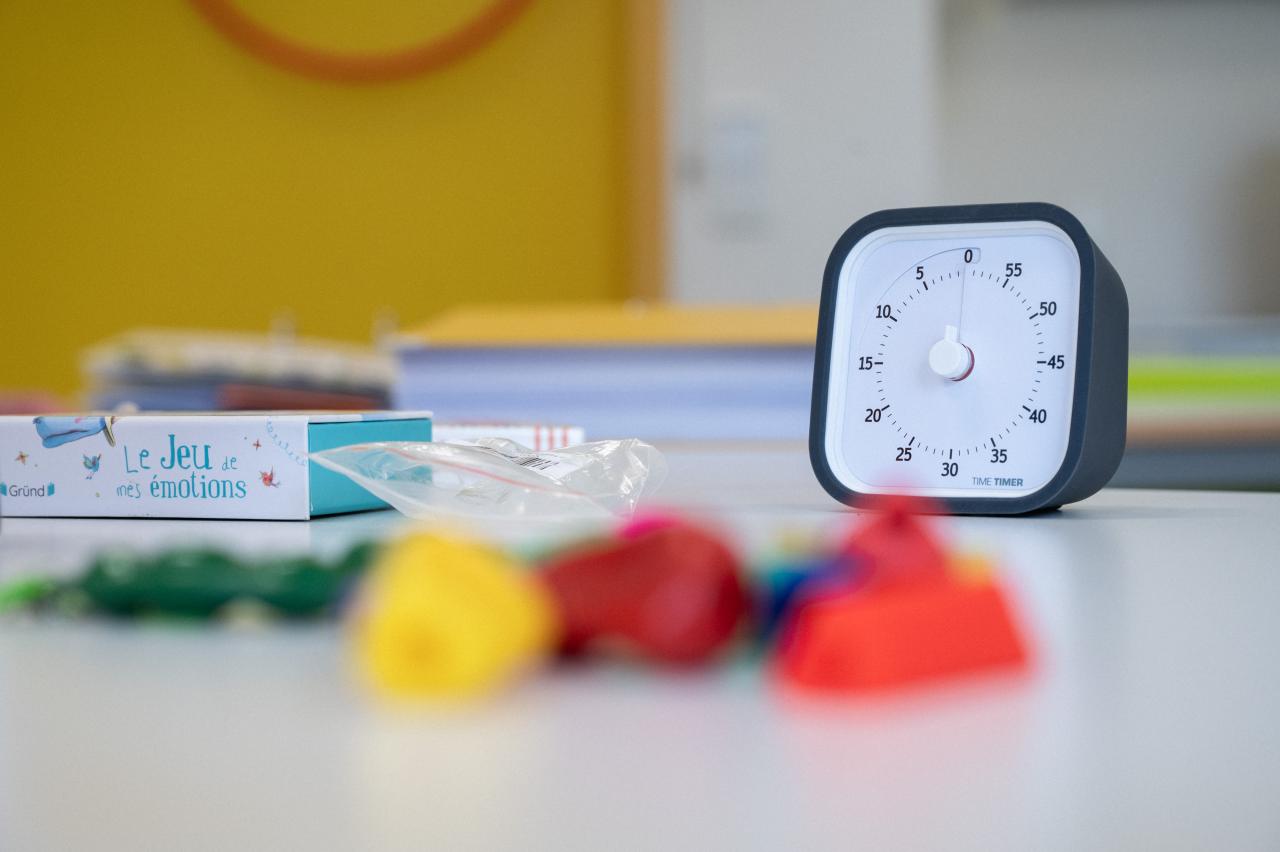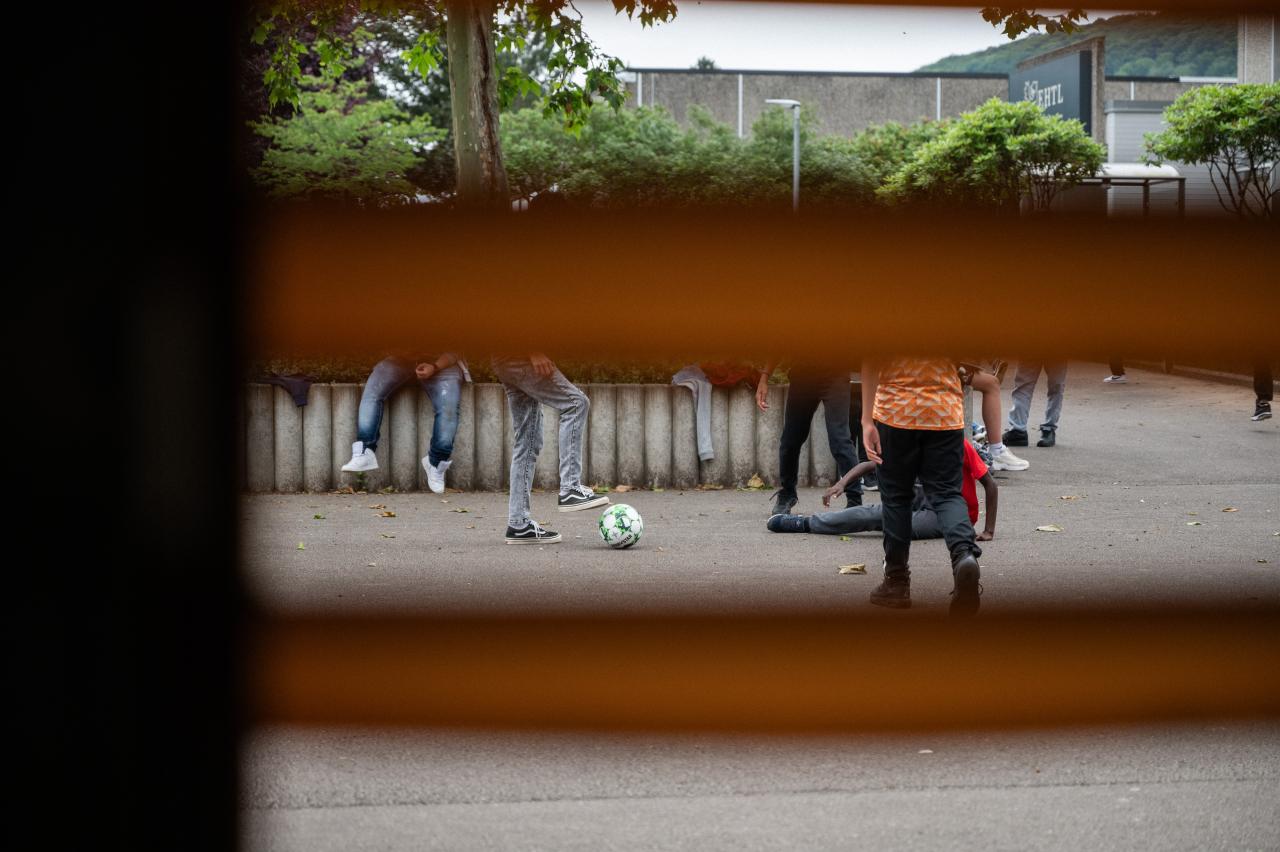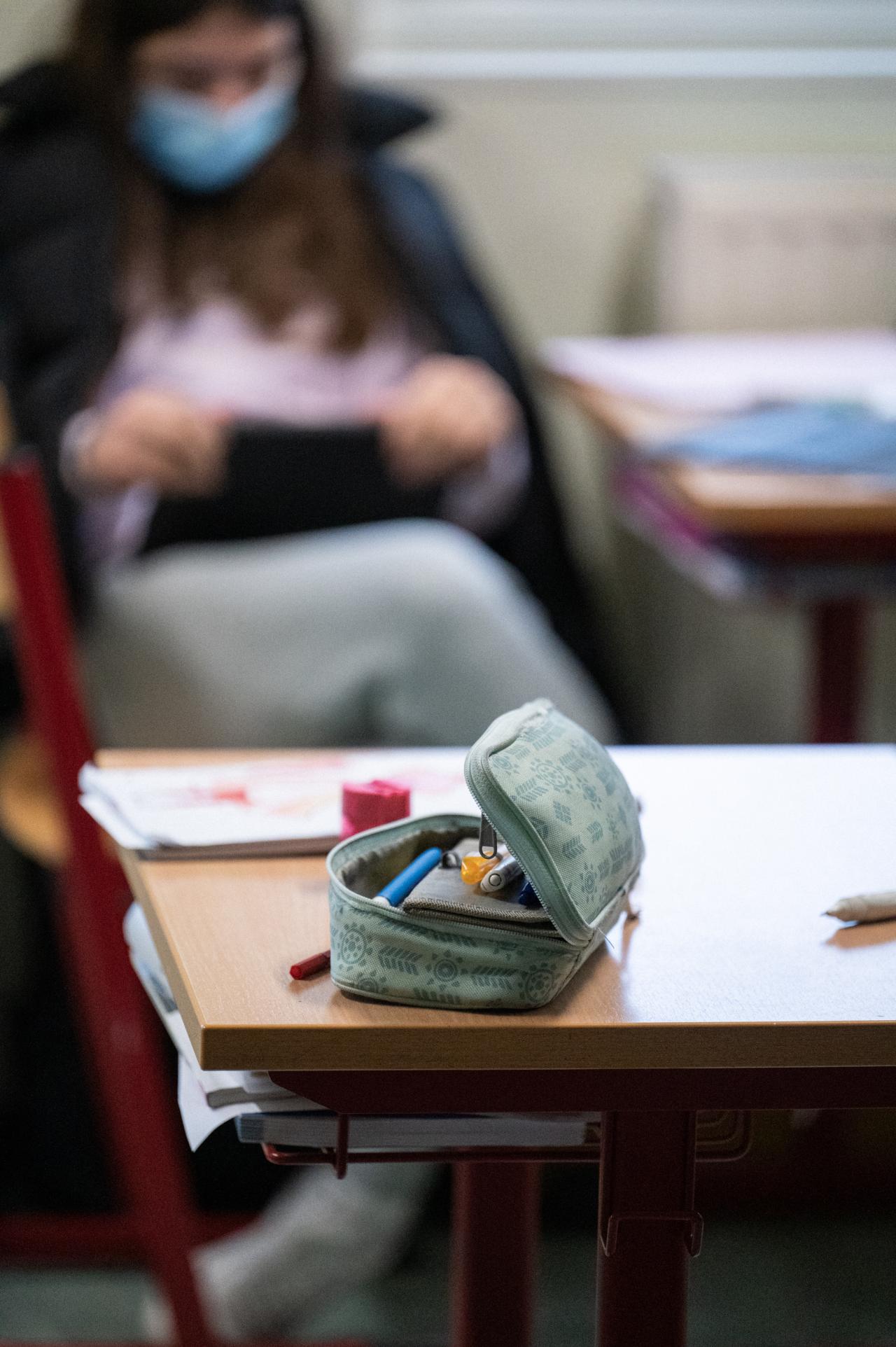
Listen to this article
A school for all? The principle of inclusion in schools was strengthened around six years ago. But is it accepted everywhere, are the resources sufficient to implement it and will it ultimately improve the educational and career prospects of pupils with special educational needs? For Christian Block, it was the most discussed topic this year – even if somewhat involuntarily.
You could call it a journalistic truism: There are usually no simple answers to complex questions. This was also the case for the author of these lines when he decided to tackle the following question at the beginning of the year: What are the specific challenges of school inclusion in secondary schools? After all, the "Lycée" follows its own rules: Moving to a school with a larger school population, greater demands for autonomy from pupils who increasingly have to manage their own homework, exam preparation, timetables or even changing classrooms. Not to mention the complexity of the subject matter.
The first interview requests went out in April. The appointment at the Nordstad-Lycée followed at the beginning of June. And gradually it became clearer and clearer what was secretly known but temporarily suppressed: All these questions and information will go far beyond the scope of an article. So at some point we had to reschedule, clarify the questions and reorganise the abundant interview and research material. The result is four articles and an editorial.
And plenty of insight. If almost 20 per cent of pupils at a secondary school have a more or less pronounced need for support that has already been diagnosed, then that's a big number to begin with. And working with these young people on their problems requires specialist staff who are not always able to demonstrate the necessary specialisations, as well as space in the schools. There is a lack of both. At the same time, the CAR Commission is granting more and more pupils (still misunderstood) compensation for disadvantages, which allows them, for example, to write longer on a class assignment. Another realisation that is not really surprising is that many young people do not know how to make the best use of this extra time. They lack "life" skills, the skills to organise themselves. Will/must this increasingly become a task for schools? Especially in order to realise the vision that an inclusive school should benefit the whole school?
The research also revealed that school inclusion has so far mainly been implemented according to the principle of "a lot helps a lot". However, it is essential to better record these needs statistically in order to be able to justify the use of resources on the one hand, but also to be able to evaluate them. Or to answer the question: Do the staff profiles also match the needs?
"Inclusion at school is not just about looking good on paper."
These are not trivialities. Inclusion at school is not just about looking good on paper, but about achieving better results in terms of the educational and professional careers of all pupils and understanding inclusion as beneficial for the whole school community.
Critically monitoring these processes is not only, but also the task of journalists. They are in a privileged position because they can gain access to places and people that are normally only open to a limited group of people. And with privilege comes responsibility.










